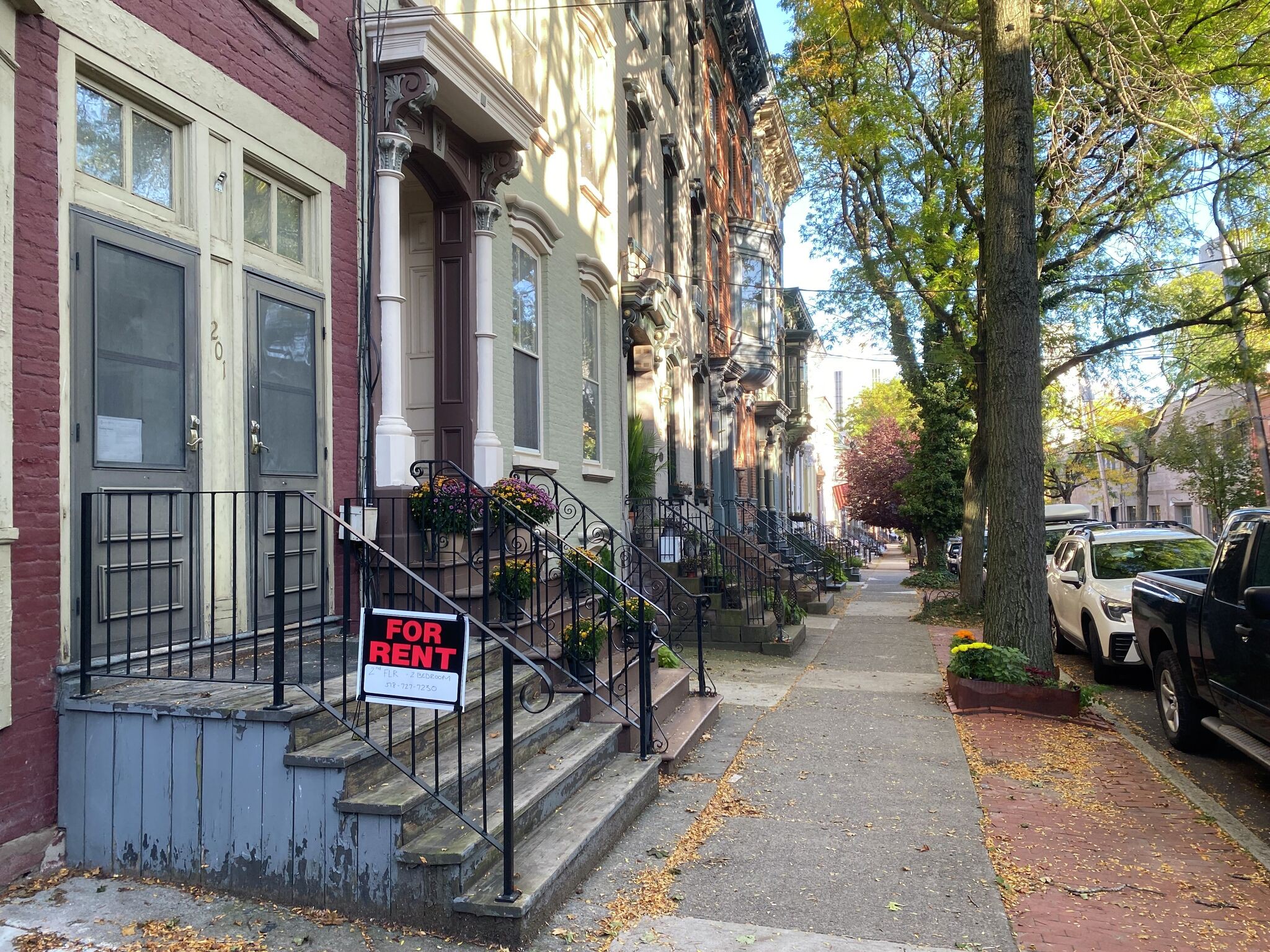news
Are rent fees legal? See what Texas property law says about your lease
Is there a limit on how much the landlord can collect on late fees? See what Texas property law says
Published November 12, 2025 at 5:40pm by Marley Malenfant

Landlords generally cannot impose a fee simply for accepting rent through a standard, agreed-upon method. However, “convenience fees” may be permissible when a tenant chooses an optional payment method that incurs a cost for the landlord. (Timothy Fanning/Albany Times Union via Getty Images)
When paying rent electronically, you might encounter rent payment fees if you're paying with a debit or credit card. According to Legal Clarity's article on property law, a common example of a rent payment fee is a credit card processing fee. When tenants pay rent with a credit card, landlords are often charged processing fees by credit card companies—usually between 1% and 3.5% of the payment amount. To recover these costs, landlords may pass the expense on to tenants as a convenience fee tied to credit card transactions.
Another frequent charge involves online payment portal fees. Many landlords use third-party platforms to manage digital rent payments, which may charge a flat fee or a percentage. Although ACH (Automated Clearing House) transfers—where rent is withdrawn directly from a bank account—typically cost less to process, a small flat fee may still apply. Landlords generally justify these charges as covering the administrative and operational expenses associated with offering an online payment option.
But are these charges legal? Here's what to know.
What are convenience fees?
According to the Consumer Financial Protection Bureau, a convenience fee is a fee charged by a company when you make a payment through a particular channel. Many companies waive fees for payments made in person or by mail but impose a convenience charge for payments made online or by phone, often ranging from a few dollars to $15 or higher.
According to the Texas Law Library and Tex. Prop Code.§92.019, landlords typically cannot charge a fee just for accepting rent through a standard, agreed-upon payment method. However, “convenience fees” may be allowed when tenants choose an optional payment option that costs the landlord extra to process. These fees are meant to cover transaction-related expenses rather than to charge for paying rent itself. The difference lies between a fee for rent payment and a fee tied to the specific payment method used.
The lease agreement is central to determining whether such fees are valid. If the lease clearly outlines acceptable payment methods and any related charges, those terms are enforceable. A landlord cannot add new fees or alter payment requirements in the middle of a lease term without the tenant’s consent, since doing so would effectively modify the existing contract.
Can I pay my landlord with a check in Texas?
Per the Texas Law Library, the state doesn't specify how tenants should pay their rent. It does not address any rules a landlord might set that require tenants to use a particular payment method, such as paying online or by money order. The method a tenant must use to pay rent is determined by the terms outlined in their individual lease agreement. As long as your lease doesn't ask you to not pay your rent with a check, it is permissible.
Can you pay rent in cash?
Per the Tex. Prop Code. §92.011., a landlord shall accept a tenant's timely cash rental payment unless a written lease between the landlord and tenant requires the tenant to make rental payments by check, money order, or other traceable or negotiable instrument. If you do pay the rent in cash, make sure the landlord provides you with a receipt and enters the payment date and amount in a record book the landlord maintains.
Is there a limit on how much the landlord can collect on late fees?
According to the Texas Tenant Advisor, depending on the type of dwelling you're leasing, a landlord can't exceed a certain percentage on rent late fees. Per this Texas Property Code statute, here is the following percentages they can legally charge if you're living in this type of space.
- 12 percent of the amount of rent for the rental period under the lease for a dwelling located in a structure that contains not more than four dwelling units
- 10 percent of the amount of rent for the rental period under the lease for a dwelling located in a structure that contains more than four dwelling units
Texas Tenant Advisor does point out an exception to this rule. Under Tex. Prop. Code § 92.019, a landlord may charge you more than the 12% or 10% fees mentioned above if their actual damages exceed those amounts, depending on your living situation. However, if they charge more than the allowable 10% or 12%, you may have stronger grounds to take legal action against them for overcharging.

